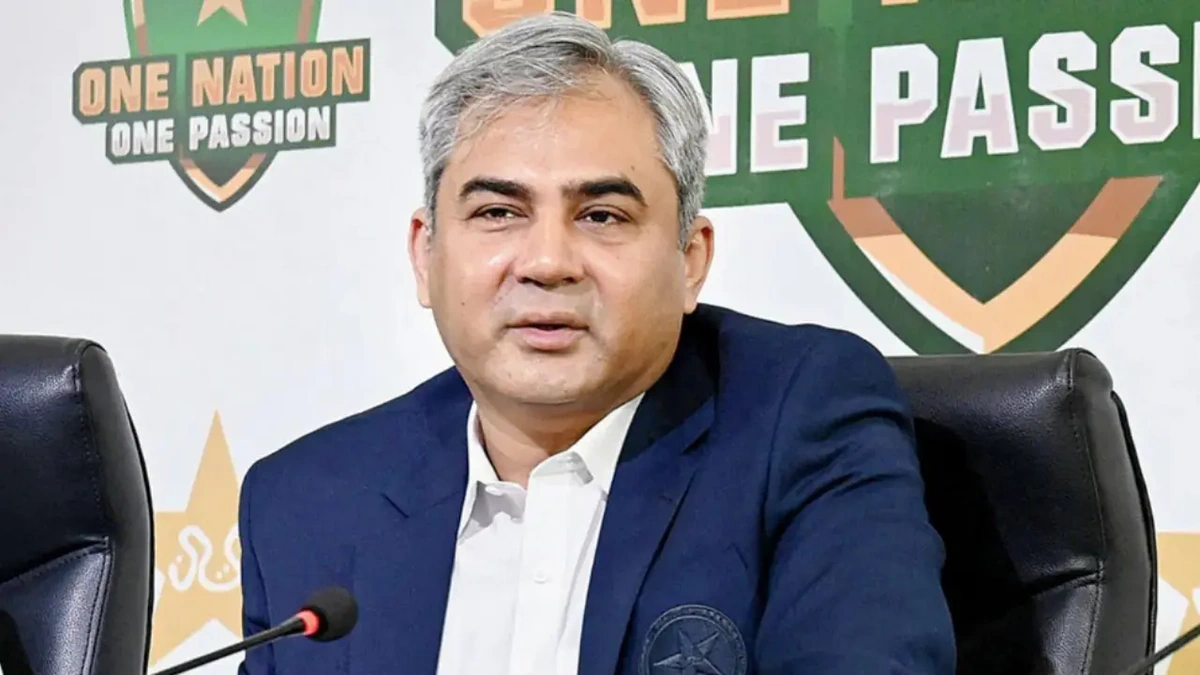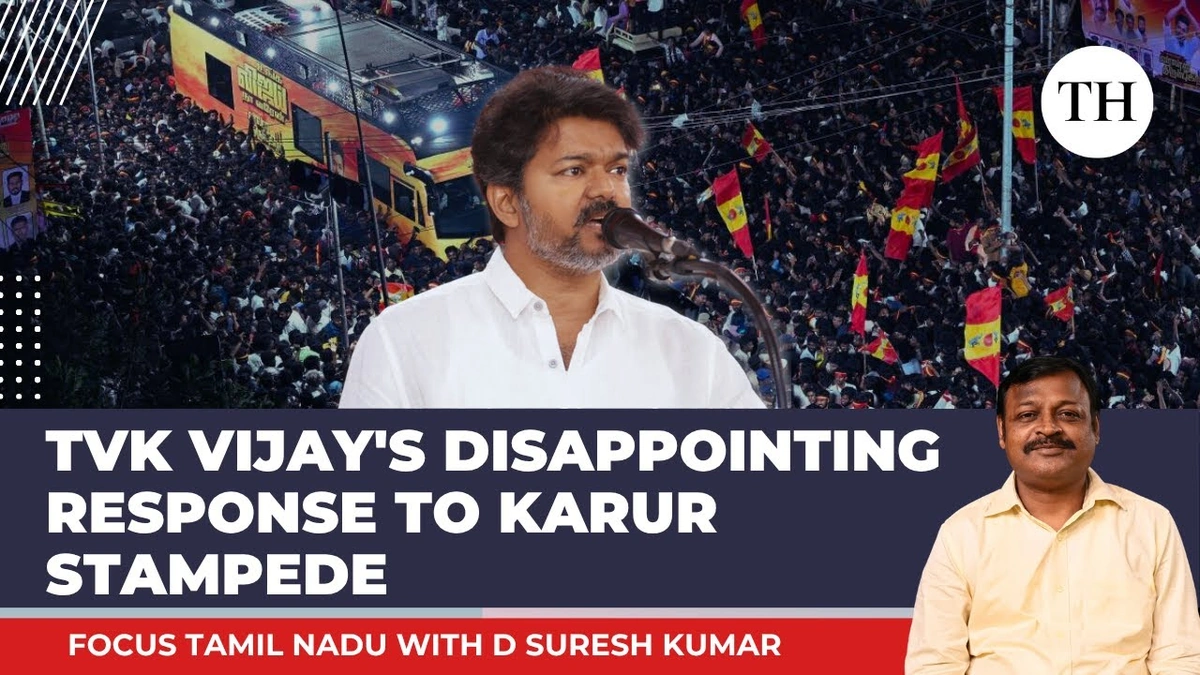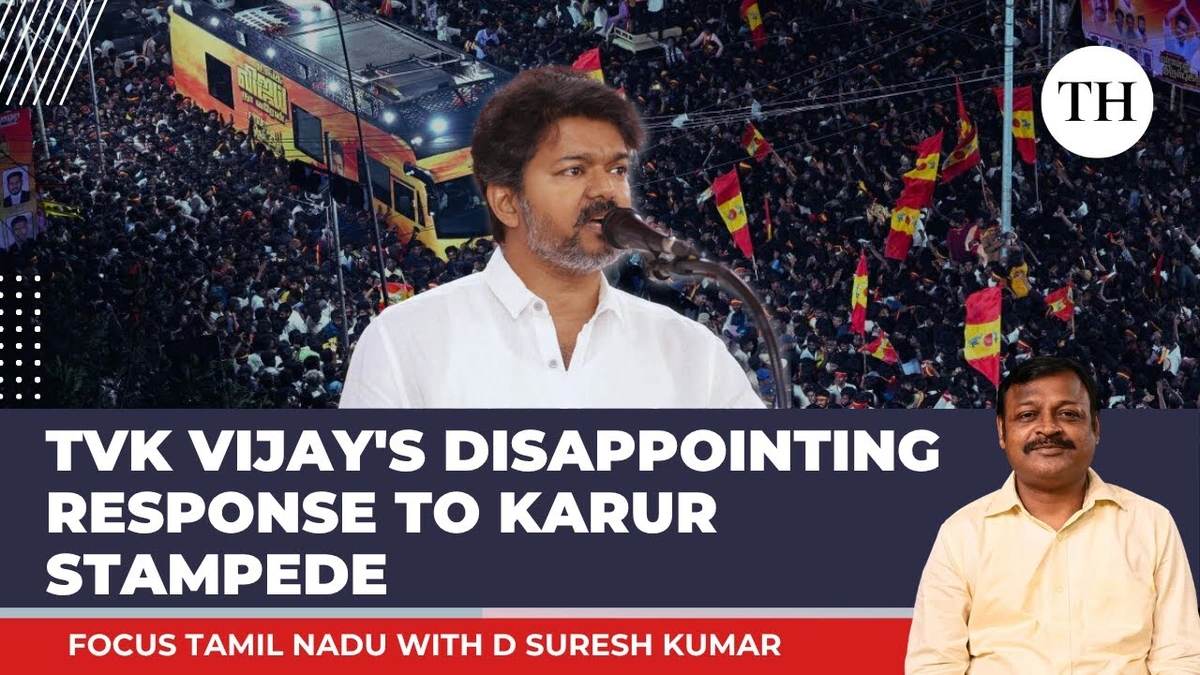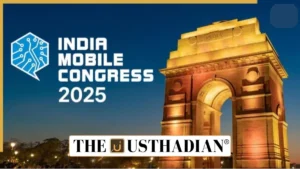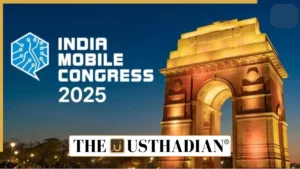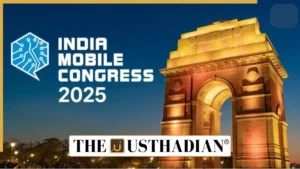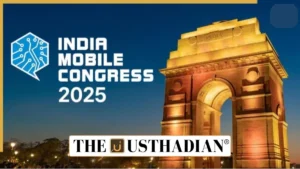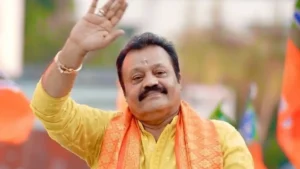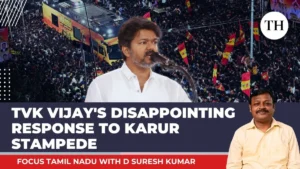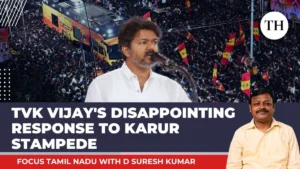India Urges ICC Action Against Pakistan’s Mohsin Naqvi, Seeks Removal From Board
So, India wants Mohsin Naqvi , Pakistan’s Interior Minister and current Chairman of the Pakistan Cricket Board (PCB), removed from the International Cricket Council (ICC). It’s a bold move, no doubt. But why are they doing this? What’s the real story behind the headlines? Let’s dive in, because this isn’t just about cricket; it’s about politics, power, and perhaps even a little bit of good old-fashioned rivalry. This whole saga is making waves far beyond the boundary lines.
The Conflict of Interest Conundrum
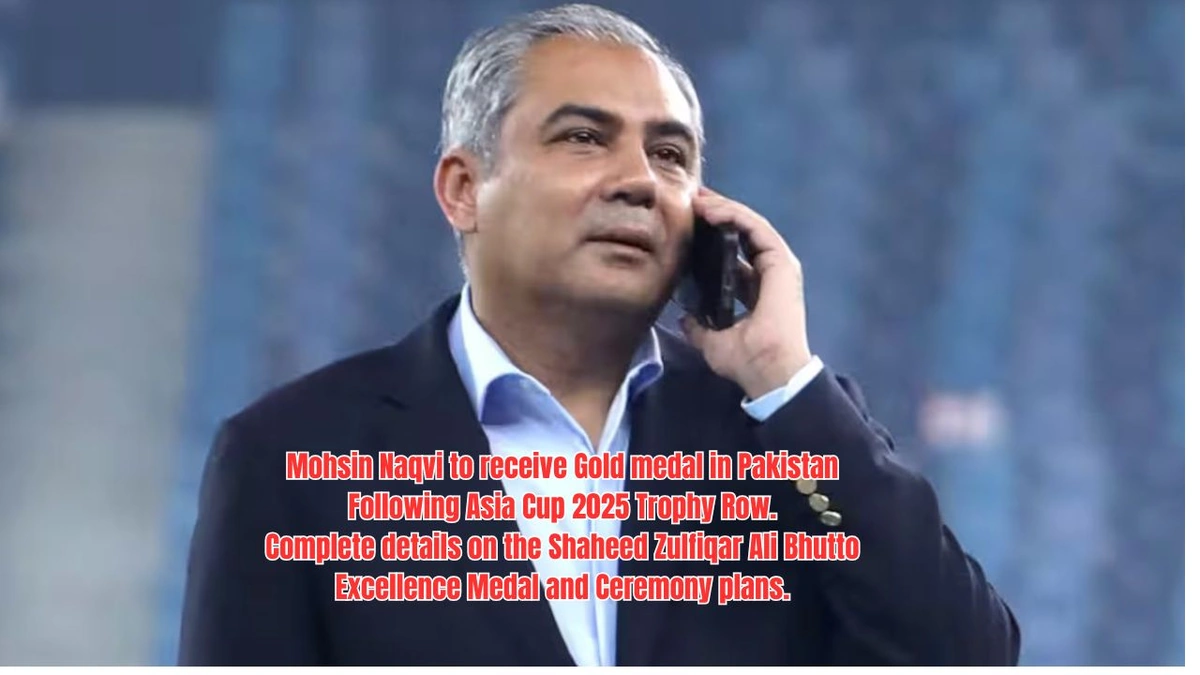
Here’s the thing: India’s objection revolves around what they see as a clear conflict of interest. Mohsin Naqvi holds a significant political office in Pakistan while simultaneously leading their cricket board. India argues – and it’s a fair point – that this dual role compromises the ICC’s integrity. Think about it: can someone truly be impartial when their decisions could have political ramifications back home?
What fascinates me is the precedent this could set. If the ICC ignores India’s concerns, does it open the door for other nations to appoint politically affiliated individuals to key positions? It’s a slippery slope, and that’s what India is trying to prevent. A common question that has arisen during recent events is, how can Mohsin Naqvi keep his current roles and still adhere to a neutral position on the board? The dual roles he holds at the moment do not seem to be something that can be easily mediated.
The Geopolitical Game at Play
Let’s be honest, cricket between India and Pakistan is never just cricket. It’s a proxy battle, a chance to score points on the global stage. And the relationship between the two nations is, shall we say, complicated. This move by India isn’t just about upholding ICC standards; it’s a strategic play in a much larger geopolitical game. It seems that the already fraught relationship is going to become even more tense due to this motion. It seems that the call for his removal is largely due to the conflict of interest caused by him. As was mentioned by Wikipedia , the relationship between India and Pakistan is not one without complexities.
I initially thought this was just a minor squabble, but then I realized the depth of the historical baggage involved. Every decision, every gesture is scrutinized and analyzed. The BCCI (Board of Control for Cricket in India) understands this implicitly, and they’re leveraging it to their advantage.
ICC’s Tightrope Walk
So, what’s the ICC going to do? They’re walking a tightrope here. On one hand, they need to maintain neutrality and uphold their own standards of governance. On the other hand, they can’t afford to alienate India, one of the most powerful and influential members of the cricketing world. It seems that the International Cricket Council (ICC) has quite the complex decision to make, as India is a vital part of the cricketing world.
The ICC’s decision will send a strong message, regardless of which way they lean. Will they prioritize political expediency, or will they stand firm on principles of impartiality? The world is watching, and the stakes are high. It will be interesting to see how Mohsin Naqvi responds to the request, as his position in the PCB could very well be on the line if the ICC sides with India. There has been speculation from several groups that this is a necessary move to maintain integrity of the ICC, especially as it seeks to include more teams and countries.
The Broader Implications for Cricket Governance
But this isn’t just about Mohsin Naqvi or the ICC. It’s about the future of cricket governance. As the sport becomes increasingly globalized and commercialized, the lines between politics and sport are becoming blurred. How do we ensure that decisions are made in the best interests of the game, and not influenced by political agendas?
This situation highlights the need for greater transparency and accountability within the ICC. Perhaps it’s time to revisit the organization’s governance structure and implement stricter rules regarding conflicts of interest. A common mistake I see is people assuming that these rules are set in stone. The reality is that these rules must be constantly re-evaluated and changed to adapt to the constantly shifting landscape.
What Happens Next?
The ball is now in the ICC’s court. They’ll likely conduct an internal review, consult with their legal team, and then make a decision. But one thing’s for sure: this issue isn’t going away anytime soon. It’s a reminder that cricket, like any sport, is never immune to the forces of politics and power. Make sure that you stay up to date with what is going on in the ICC as events continue to unfold. Stay tuned to get the latest scoop! And for those wondering about other happenings in the world, there is always something new around the corner.
Let me rephrase that for clarity… It’s a reminder that even the most beloved games are played on a field that extends far beyond the pitch.
FAQ
Why is India asking for Mohsin Naqvi’s removal?
India believes Mohsin Naqvi’s dual role as a Pakistani government official and PCB Chairman creates a conflict of interest within the ICC.
What is the ICC’s role in this situation?
The ICC must decide whether to take action against Mohsin Naqvi , balancing the need for impartiality with the influence of powerful member nations.
Could this affect India-Pakistan cricket relations?
Potentially, yes. This dispute could further strain the already tense relationship between the two cricketing nations.
What are the possible outcomes?
The ICC could ask Mohsin Naqvi to step down, implement stricter conflict of interest rules, or take no action, which could damage its credibility.
How does this impact the average cricket fan?
It raises questions about the integrity of the sport and the influence of politics on cricket governance.
Where can I stay updated on this situation?
Follow reputable sports news outlets and the ICC’s official announcements for the latest developments.
Ultimately, the India’s appeal to remove Pakistan’s Mohsin Naqvi is an appeal to keep the sport fair. It is a decision that could change the landscape of cricket forever.
